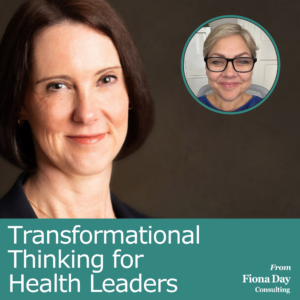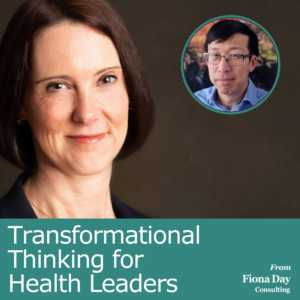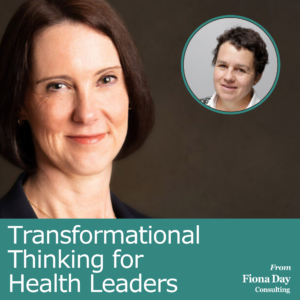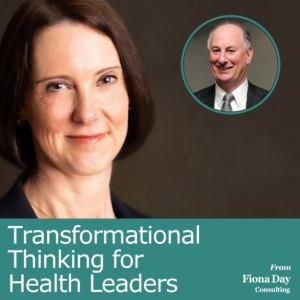Bouncing back after bad work-place experiences
Many senior doctors, medical and public health leaders experience some degree of micro or macro level occupational trauma during the course of their careers, a proportion of these need expert clinical help to recover. The brain experiences psychological pain in the same way that it experiences physical pain, and while there is no definition of what makes an experience traumatic, occupational trauma is real and happens often. This could be the trauma of a single clinical incident, the experience of bullying behaviours, the rising tide of coping with an unknowable pandemic such as covid, or could be persistent low grade trauma such as delivering clinical or public health services with limited budgets and staff.
There is good news however, as there is increasing evidence that people exposed to even significant levels of trauma can eventually transcend and ‘grow bigger than’ their experiences, this is termed ‘post-traumatic growth’. Career coaching can be very helpful to aid recovery – this may follow a clinical intervention, as well as for those whose needs are non-clinical.
Coping with trauma can be:
- ‘negative’ (causes longer term damage to emotional wellbeing)
- ‘homeostatic’ (restorative without any significant personal development),
- ‘transformational’ (leads to post-traumatic growth).
Post-traumatic transformational growth involves positive internal cognitive changes to:
- psychological resilience
- esteem
- outlook
- values after exposure to highly challenging situations.
Traumatic experiences may become experienced as fulfilling, worthwhile and meaningful and can cause workers to feel they have benefited both personally and professionally. Even disaster-related trauma can allow those involved to feel that they have made a contribution or have accomplished something worthwhile, which can lead to:
- improved wellbeing
- feeling more committed
- valuing life more
- feeling more connected to the community
- increased sense of purpose.
Some of the potential for post-traumatic growth appears to relate to pre-trauma personality traits (including extraversion, openness to internal experience, and optimism). However this does not mean that because they are personality based they cannot be trained over time through coaching and professional development, and the potential for growth is enhanced by learning skills such as self-compassion and emotional regulation.
Whether someone develops a psychological injury or experiences psychological growth in the longer term is likely to be influenced by the way that they are supported before, during, and after a challenging incident. Employers can be pro-active in this regard through risk assessment processes, prevention and early intervention. For those with non-clinical levels of occupational trauma, an expert medical coach and public health coach can support recovery, and enable transformation and longer term wellbeing and satisfaction at work.
Dr Fiona Day is a former Consultant in Public Health Medicine, now working as an Executive Coach providing world-class coaching for senior doctors, medical and public health leaders in the UK and internationally.
References
Greenberg N et al. Managing mental health challenges faced by healthcare workers during covid-19 pandemic. BMJ 2020; 368
Brooks S, Amlôt R, Rubin GJ, et al.Psychological resilience and post-traumatic growth in disaster-exposed organisations: overview of the literature. BMJ Mil Health 2020;166:52-56
Dr Fiona Day is the world’s only Leadership Coach with advanced coaching psychology, medical and public health qualifications (MBChB, FFPH, BPS Chartered Psychologist in Coaching Psychology, EMCC Master Practitioner Coach & Mentor) and is in a unique position to help you and your teams to flourish. Fiona specialises in coaching medical and public health leaders, is a coach Supervisor, and an EQA Foundation Award Holder. Get 3 hours of FREE CPD with Fiona’s Health Career Success Programme here. Book a free confidential 30 minute Consultation with Fiona here.









